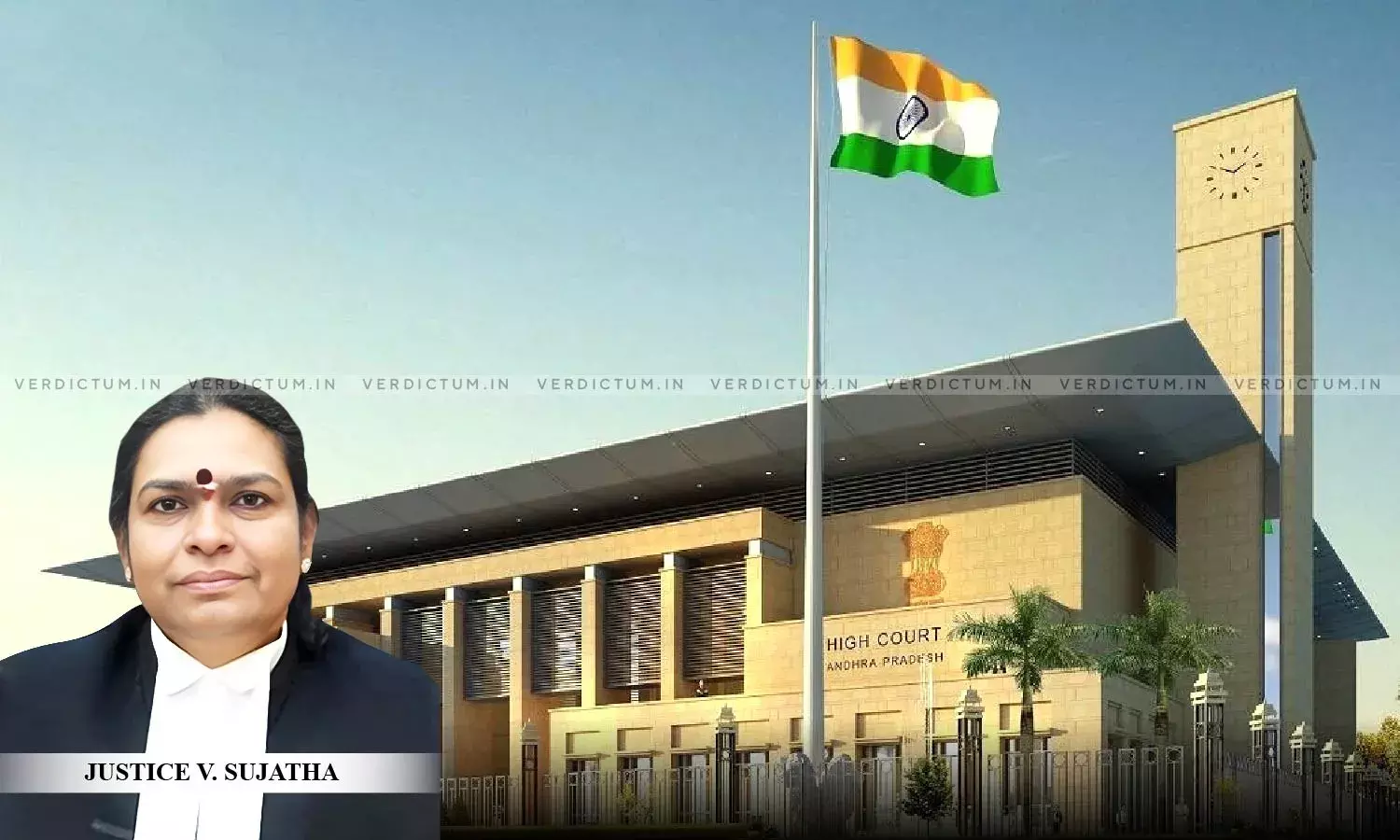Andhra Pradesh MV Act: Life Tax Is To Be Collected Based On Net Invoice Price Of Vehicle And Not Ex-Showroom Price: High Court
The Andhra Pradesh High Court has declared that life tax collected from vehicle owners upon registration should be based on the net invoice price of the vehicle at the time of sale, rather than the ex-showroom price.
The ruling came in response to a case where a petitioner had purchased a Hyundai Venue and was compelled to pay additional tax under Section 3 of the Andhra Pradesh Motor Vehicles Taxation Act, 1963 on the net invoice price, which included CGST, SGST, and Compensation Cess. The petitioner argued that such tax collection lacked authority and referred to a government order allowing for a refund of excess or mistakenly paid tax within a limited time frame.
A Single Judge Bench of Justice V. Sujatha observed that “the life tax can be levied only on the cost of the vehicle under the 6th schedule of the A.P. Motor Vehicles Taxation Act, 1963”.
After considering the submission, the Bench referred to the decision of the High Court of Telangana in Kishore Rai Sohni Vs. The State of Telangana, wherein, under similar circumstances, the Court has directed the respondents to refund a sum of Rs.51,000/- collected from the petitioner towards life tax above the life tax payable by the petitioner under the Sixth Schedule to the Act on the invoice sale price.
The Bench clarified that life tax can only be levied on the ‘cost of the vehicle’ as specified in the Sixth Schedule of the A.P. Motor Vehicles Taxation Act, 1963, unless there was a notification indicating otherwise.
The High Court also made it clear that Article 265 & 300-A of the Constitution of India provides that no tax shall be levied or collected except by the authority of law and further the petitioner cannot be deprived of any property save by authority of law.
Therefore, no tax can be levied or collected/ demanded by the respondent Registering Authorities, unless they are explicitly authorized under the Act, added the Court.
“The petitioner purchased the vehicle in the year 2019 and had filed the present writ petition in the same year, which is admittedly within the period of limitation prescribed in the Limitation Act, 1963, viz., three years”, added the Bench.
Accordingly, the Bench directed the respondents to refund an amount of Rs. 52,168 to the petitioner in W.P. No. 12089 of 2019 and an amount of Rs. 1,16,000 to the petitioner in W.P. No. 3049 of 2021, which were collected over the life tax payable by both the petitioners under the Sixth Schedule to the Act on the invoice sale price.
Cause Title: Talasila Sowjanya v. The State of Andhra Pradesh
Click here to read/download the Order












